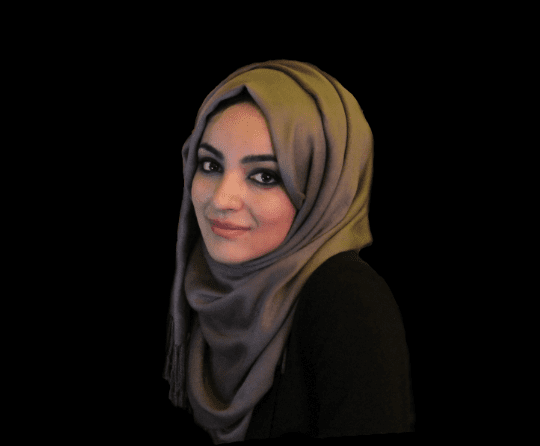Driven by the desire to preserve her family’s recipes passed down over generations and to share them with her two young daughters and the wider world, cook and writer Reem Kassis set out to document almost 150 recipes laced with anecdotes on Palestine, its cuisine and her family’s culinary riches in her debut cookbook “The Palestinian Table.”
Born in Jerusalem to a Palestinian family, Kassis grew up surrounded by the distinct flavours of Palestinian food and a vast culinary heritage. As she left her family and home in Jerusalem to pursue a degree in business in the United States, her mother made sure she packed a small bottle of olive oil and a bag of the traditional Palestinian herb zaa’tar to take with her.
“After I arrived I actually felt quite homesick,” Kassis told MEMO. “I remember I would sometimes open up the bag of zaa’tar and just smell it without eating it, and I would feel like I was back in [my mother’s] kitchen again.”
“That was the first time I really felt how powerful food can be,” she continued.
Kassis was determined that the last place she wanted to end up was the kitchen. She graduated from business school and went on to work in consulting, but the smell of home was too overwhelming to ignore. She explained that “throughout that whole time I would often call my mother, my grandmothers, my aunt, and I would ask for recipes, and when I had time I would cook and replicate them, but I never thought to do anything with them.”
A few years later, after her first daughter had been born and she was pregnant with her second, Kassis’ nostalgia and fear of raising her children overseas, away from the culinary traditions and family gatherings integral to the Palestinian way of life, pushed her away from the business world and into the culinary world.
“I thought my daughter [was] going to grow up very differently from the way I did where food was such an important part of who we are and of our cultural identity, and one of the reasons that I felt so attached to being Palestinian and attached to my family,” Kassis explained. “I wanted her to have a piece of that.”It was then that she started to compile the recipes and the family anecdotes she had been collecting over the years. “I looked at everything I had gotten together […] and I thought these are the stories of my family and they are our recipes, but in a way they are the story of every Palestinian family and they tell a narrative that is different from the one we are so used to hearing about Palestinians, and if I can share this narrative with the world then maybe it will serve as a bridge for people to better understand us.”
“From there the idea for this book was born,” Kassis said.
For Kassis, food goes beyond mere sustenance. “Food is emotion,” she believes: “It’s family. It’s love. It tells the story of a people over generations.”
Kassis’ childhood memories are interspersed throughout the book, and every recipe is headed with an anecdote or an excerpt about its origins and history. The cooking and photography for the book was also carried out at her family home in Jerusalem, using authentic Palestinian ingredients and traditional copper pots and platters that her grandmother had used to cook before Kassis was even born.For Palestinians in particular, given the political problems that we have, food also becomes a way to hold on to our cultural identity, to show our history throughout time, and it ends up carrying more weight for us than it might for the average culture, even though food across cultures has always been a way for people to maintain their sense of connection to who they are, and to transfer their culture from one generation to the next.
“To me it is quite beautiful to see that I was able to put so much of Palestine into this book,” she said. “It’s not just the recipes. It’s the stories, the pictures and where the pictures were taken.”
At her breakfast table, Kassis serves up traditional Palestinian staples such as zaa’tar and olive oil to her daughters every morning. “I think they are too young to grasp the concept of what this means, but I hope when they grow up they will remember this as something that was so inherently tied to who they are and their upbringing and they will always feel close and connected to their Palestinian culture.”



![Reem Kassis author of cookbook 'The Palestinian Table' [Jehan Alfarra/Middle East Monitor]](https://i0.wp.com/www.middleeastmonitor.com/wp-content/uploads/2018/07/Reem-Kassis-1.jpg?resize=1200%2C800&ssl=1)
![Reem Kassis author of cookbook 'The Palestinian Table' [Jehan Alfarra/Middle East Monitor]](https://i0.wp.com/www.middleeastmonitor.com/wp-content/uploads/2018/07/Reem-Kassis.jpg?resize=1200%2C800&ssl=1)








